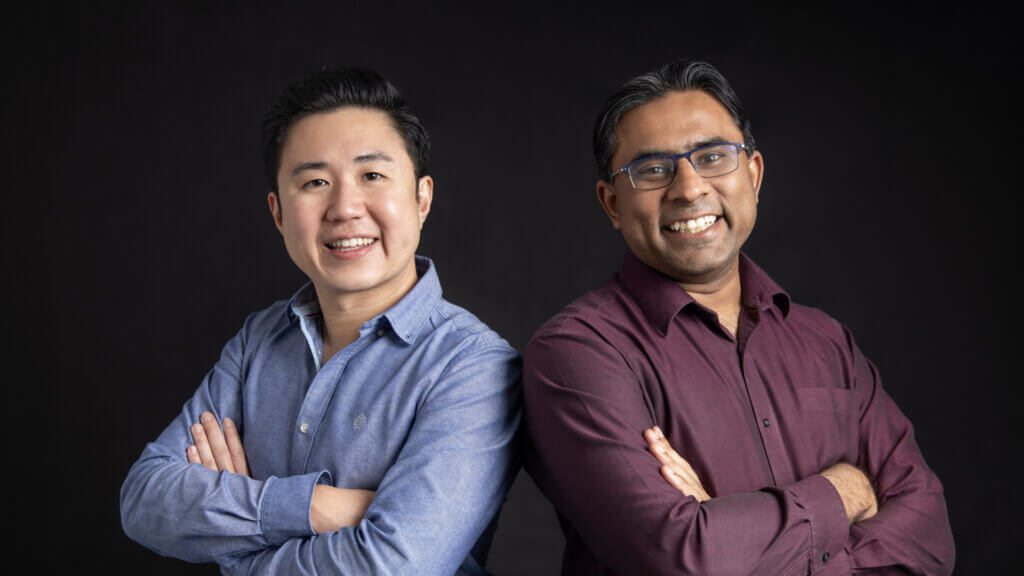Cosmos Innovation secures funding to revolutionise solar technology
Cosmos Innovation, a Singapore-based startup, secures US$19.7 million in funding to accelerate the development of perovskite silicon tandem solar cells using its AI platform, Mobius.

Cosmos Innovation, a Singapore-based company, has come out of stealth mode with a fresh approach to solar technology. The firm uses Artificial Intelligence (AI) to improve the design of perovskite silicon tandem solar cells, a next-generation solar technology. Unlike traditional silicon solar cells, these cells use a layer of perovskite crystals on top of silicon to capture solar energy more efficiently.
Table Of Content
A hefty financial boost for innovative solar technology
The startup has secured US$19.7 million in total funding to date, breaking it down to a seed round of US$2.88 million raised in 2020 and a Series A of US$16.8 million raised earlier this year. Leading the Series A was Xora Innovation, an early-stage deep tech investment platform of Temasek. Other key investors include Innovation Endeavors, the venture firm co-founded by Eric Schmidt, and DeepMind CEO Demis Hassabis, among others.
AI-driven approach to speed up development
Cosmos relies on its AI platform, Mobius, to speed up the solar cell development process. Mobius uses AI to automate semiconductors’ design, testing, and iteration, making the whole operation much quicker and more efficient. With this AI platform, Cosmos aims to build the world’s first self-learning fabrication facility in the solar and semiconductor space.

The company was founded in 2020 by CEO Vijay Chandrasekhar and CTO Joel Li. Both founders have a rich background in AI and semiconductor research, having previously worked at Singapore’s Agency of Science, Technology and Research (A*STAR).
When asked to simplify the concept of perovskite silicon tandem solar cells, the founders explained that these cells are more efficient than traditional silicon cells. This is because perovskite captures different parts of the solar spectrum when layered on top of silicon.
Chandrasekhar states, “The big, big, big market opportunity is because silicon technology is reaching its fundamental limits.” The company sees a trillion-dollar market potential in the coming decade and wants to steer the next shift in solar technology towards perovskite silicon tandem cells.
The road ahead and market prospects
The technology is not without challenges. Scaling and stability remain issues that need to be tackled before widespread commercialisation. However, the market potential is vast, ranging from residential rooftops to commercial buildings and power plants.
Cosmos claims to have already achieved a tenfold acceleration in process recipes and improvements in target performance with leading semiconductor companies. The company is building early prototypes and plans for a self-learning fabrication facility in Singapore.
Phil Inagaki, managing director at Xora Innovation, said, “Cosmos Innovation has assembled some of the world’s leading minds in AI, semiconductor manufacturing and solar to create Mobius — the first AI platform that enables self-learning fabrication of complex silicon devices.”
















